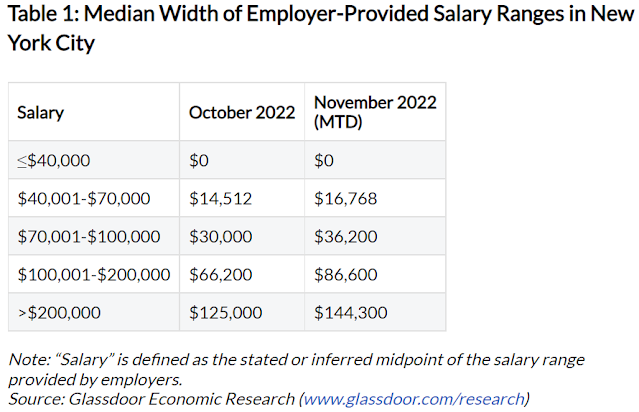Over the course of my academic career I have taught at a state university where salaries were public, a private university in which the department chair knew everyone's salary, another private university in which only the dean knew everyone's salary, and one in which I'm not sure exactly who knows what. Here's a study (not focused on universities) focused on the larger effects of information about pay.
Is Pay Transparency Good? by Zoë Cullen, Journal of Economic Perspectives—Volume 38, Number 1—Winter 2024—Pages 153–180
"To understand the economics behind pay transparency, it is useful to categorize the types of pay transparency into three buckets: horizontal pay transparency, where coworkers at the same organization are informed of each other’s pay (the Lilly Ledbetter case); vertical transparency, where transparency extends to different layers of seniority within an organization; and cross-firm transparency, where workers and/or employers have access to the pay information of competing firms and organizations.
"Horizontal pay transparency gained traction politically because it could hold a bad actor accountable for “unfair” pay differences, as in the Lilly Ledbetter case. In specific situations where roles are clearly defined, this kind of pay transparency could be a starting point to identify discriminatory gaps in pay that are prohibited by the Equal Pay Act of 1963 and related laws. Research has shown that employers have responded to horizontal pay transparency by achieving equality through lower average pay overall.
...
"In contrast, vertical pay transparency and cross-firm pay transparency, while less equipped to hold specific organizations accountable for discrimination, have proven capable of raising productivity and raising wages by reducing information frictions in the labor market. Vertical pay transparency increases workers’ information about what they could earn if they were to be promoted. Because employees typically underestimate the steepness of financial rewards from promotion, vertical transparency raises expectations about potential earnings and has proven to boost effort and productivity in meritocratic environments. Cross-firm pay transparency, achieved through salary benchmarks like Glassdoor or salary ranges in job posts, informs prospective candidates about which employers pay more than others and leads applicants, especially those underpaid, to redirect their search toward higher paying firms and more favorable pay negotiations. Cross-firm pay transparency policies have also informed firms what their competitors are paying, increasing competition and putting upward pressure on wages. These pay transparency policies shine the light outward, away from coworkers under the same employer, toward vertical and cross-firm pay differences.
...
"The pay transparency lever is, in the end, stunningly cheap and powerful. However, this comes with a warning. Among the lessons learned in the study of pay transparency is that more information is not always better. Thus, we describe an open field for pay transparency studies to identify where greater and more equal access to information can improve economic outcomes."






